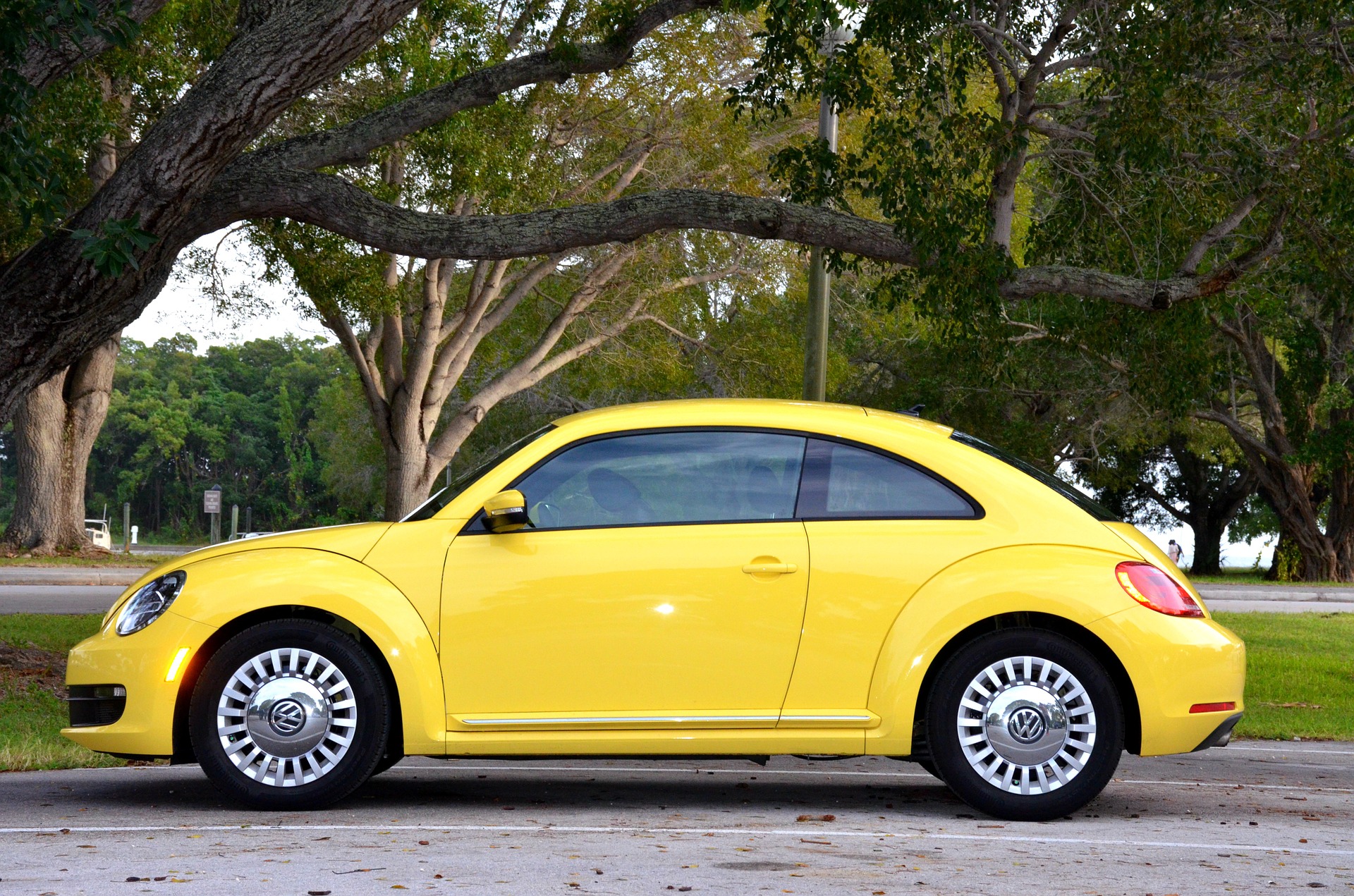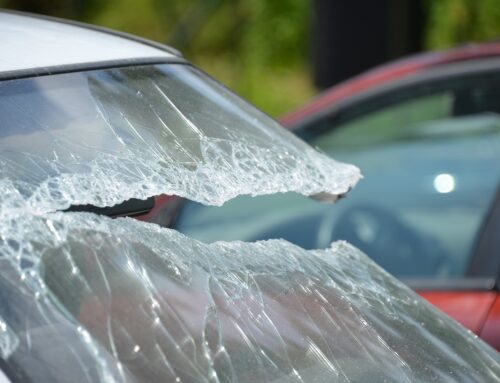Storms – and the ensuing impacts of rain, wind and lightning – can be extremely damaging. Fallen tree
branches can cause tremendous amounts of damage if they land on our home or property. Living in Southwest Florida, these types of incidents should be expected, given the likelihood of tropical storms and hurricanes.
Unfortunately, this type of damage is not as uncommon as you may think. If you park your car outside, you run the risk of it being damaged by a random falling tree branch during our stormy summer months. It is a common scenario – a nasty storm comes through and when the skies clear, you go out to assess the damage. There sits your car, damaged by a heavy, large branch from a nearby tree. What do you do next? Is the damage covered?
Which Auto Insurance Coverage Protects You Best?
Every car insurance policy is different, and so it is important to understand your specific coverage based upon your terms. If you have opted for comprehensive coverage on your vehicle, the likelihood is good that damage from a falling tree branch will be covered. Comprehensive policies often cover situations not initiated in a collision – such as tree damage, theft, weather, and damage caused by animals.
The first thing you should do always do after an incident is to contact your insurance agent. They can help you start your claim and assist with cleaning up the damage and getting your car on its way to being repaired. It is important to note that if you do not have comprehensive coverage on your vehicle, this type of damage may not be covered. If you live in an area prone to damage from things like windstorms and trees, you might strongly consider looking into adding comprehensive coverage to your policy.
There may be a difference in the premium cost of your insurance policy when you add this coverage. But it is likely to be far less than the cost of repairing or replacing your vehicle in the event that it is heavily damaged by a downed tree or falling tree branch – not to mention the host of other situations which comprehensive coverage can protect you from.
As a claim is assessed, your deductible, actual cash value and limits will be in play. Here are how these concepts will affect your auto insurance claim.
- Your deductible is the amount of out-of-pocket cash you will be expected to pay per incident before your insurance policy’s responsibility to pay any money will kick in.
- The actual cash value of the vehicle represents its depreciated value – not what you paid for it. This is the monetary limit to how much your comprehensive coverage would pay in the event that your vehicle is deemed a total loss.
- Your policy will have a coverage limit, which is the maximum amount the insurer will pay within the terms of your policy.
Choosing the Right Policy
It is common for vehicle owners to try to save money monthly. Budgeting seems like a great idea, but skimping on coverage may cost you in the long run. It can be shocking when you learn of what your auto insurance will (or will not) cover.
It is recommended that you speak with your auto insurance provider to determine which level of coverage makes sense for your driving habits and the age of your vehicle. The professionals at Anderson and Associates Insurance are always ready to provide the expert guidance and assistance you need to make the best choice regarding your auto, home and medical insurance.









